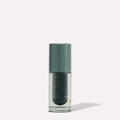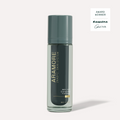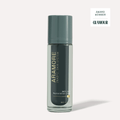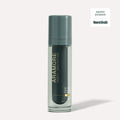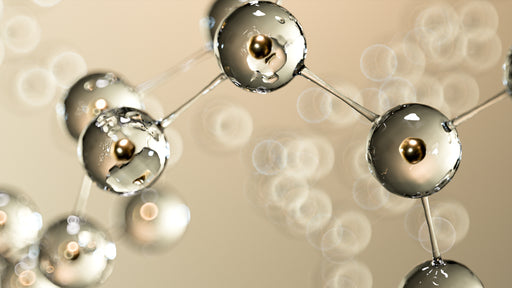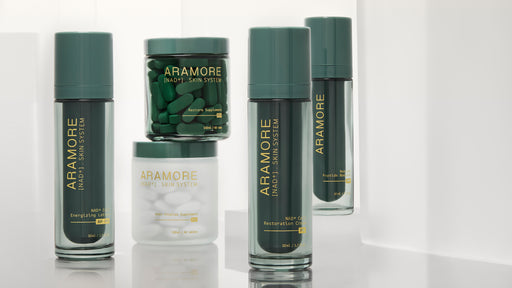By Carolyn Ayers, PhD
Peptides and Your Skin
Your skin is your body’s largest organ, making up about 16% of your total body mass. But your skin is, of course, made up of many different types of microscopic chemicals and compounds that contribute to its overall appearance and softness.
Among these many tiny compounds are peptides. Peptides are short, special chains of amino acids (one of the basic building blocks of life) that combine into larger polypeptides and, most importantly, proteins. Proteins have an important role to play in your skin’s appearance. Collagen, which makes up the connective material between cells (the extracellular matrix), is important for maintaining your skin’s structure. And elastin, which you can probably guess from the name, is responsible for your skin’s elasticity.
Unfortunately for your skin, as we age, the synthesis of collagen and elastin naturally decreases, leading to thin, wrinkled, and even fragile skin.
The use of topical peptides can help improve the look of aging skin if they can reach their intended destination. But, in order to do what they can, these peptides first need to overcome their greatest barrier to success: they actually need to penetrate your skin.
Delivering Peptides to Your Skin
For any compound applied topically, a major challenge lies in getting the key nutrients and molecules to where they can be most effective. Because the skin’s job is to be our body’s first line of defense against the outside world, it can be especially hard to absorb them. That’s why a major component of skincare efficacy is getting compounds to reach their intended target, which is much easier said than done.
That said, research labs, like that of Aramore’s scientific co-founder Prof. Brad Pentulate, are working to discover new ways to increase the bioavailability of peptides through various chemical means. These methods focus on chemical modifications of peptide chains through a number of different means. They have even devised new and efficient methods for generating these peptide modifications, representing an exciting step in further increasing topical peptide application efficacy. Thanks, Brad!
Our Favorite Peptides
Now that you have a better idea of how peptides work to maintain skin’s youthful appearance, the natural next question is what peptides, specifically, should I use, and how do I get them? We here at Aramore focus on two particular peptides to help your skin maintain a firmer look.
Our first favorite peptide is palmitoyl-pentapeptide, known as Pal-KTTKS. Pal-KTTKS is a synthetic peptide specifically designed to keep skin looking firm and toned. And it is really good at its job! Clinical studies have shown significant improvement for the reduction in the appearance of fine lines and wrinkles. It’s well-tolerated by the skin and has such a cute name in “Pal!”
We also like tetrapeptide-21, known as GEKG. GEKG has also been studied in clinical trials as well as in vitro and has proved effective in reducing the appearance of facial wrinkles. Along with Pal-KTTKS, both of these peptides do short work of re-invigorating your youthful-looking skin!
Peptides also demonstrate promising attributes in the following contexts:
- • Anti-aging: Peptides are often touted for their potential anti-aging benefits. Certain peptides, such as palmitoyl pentapeptide-4 (Matrixyl), are believed to help stimulate collagen production and improve the appearance of fine lines and wrinkles.
- • Skin firming and tightening: Peptides like palmitoyl tripeptide-1 and palmitoyl tetrapeptide-7 (Matrixyl 3000) are thought to help enhance skin elasticity and firmness, promoting a more youthful complexion.
- • Brightening and pigmentation: Some peptides, such as oligopeptide-68, claim to inhibit the production of melanin, potentially helping to reduce the appearance of dark spots and uneven skin tone.
- • Moisturization and hydration: Certain peptides, like acetyl hexapeptide-37, are said to possess hydrating properties, helping to improve skin moisture levels and overall hydration.
- • Soothing and calming effects: Certain peptides, such as acetyl tetrapeptide-40, may have anti-inflammatory properties, which can help soothe and calm irritated or sensitive skin.
A Peptide-Filled Future 
Peptides represent the exciting cutting edge of skincare. They work with your skin’s natural processes to maintain a youthful and toned appearance. The future is bright for peptides, and with labs across the United States and the world looking more and more into increasing their use and efficacy, you can rest assured that you’ll only hear more and more about these powerful, efficient, and cutting-edge molecules.
Shine on,
